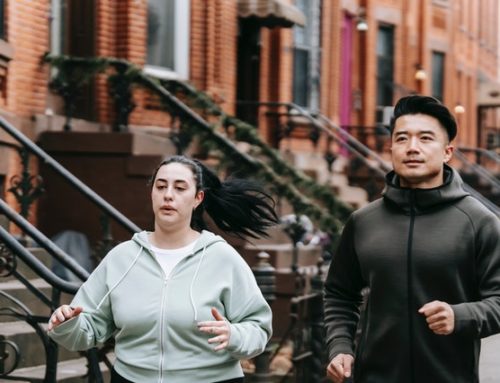Social factors like income inequality, the decline of trust in each other and in our institutions, and fear of terrorism can make it harder for us to feel happy these days.
While it seems counterintuitive, perhaps the best way to find your way back to happiness is to extend kindness and generosity to others—and yourself.
To express kindness is to give attention and sympathy. To be generous means to give of your money and time. Together, kindness and generosity are a time-proven path to more happiness.
Thus, learning to be kinder and more generous to others—and to ourselves—is the gateway to being happy.
Yes, Charles Dickens’ classic tale about the transformation of Scrooge—the mean-spirited, unhappy miser—into a merry, generous benefactor who finally understands happiness is more than fiction.
How so?
Kindness and Generosity as a Path to Happiness
Studies indicate that people who act out of self-interest alone are less happy than those who are generous.
Experiments have shown that our brains are wired to connect giving with happiness. Even just thinking about being generous activates areas of the brain associated with altruism and connects them with the parts associated with happiness.
Scientific studies have shown that giving results in “helper’s high,” a response that reduces stress. The care and connection part of the brain activates with happiness when it’s stimulated. Generous people have higher levels of bonding hormones like oxytocin. Acting with generosity triggers feel-good chemicals like dopamine and endorphins.
Generosity can even reduce physical pain, lower blood pressure, and boost your immune systems. And generosity towards others builds your resilience. What’s not to like? The best way to beat the blues is to move outside yourself by giving support to others. Happiness comes from kindness and generosity.
Kindness and Generosity Towards Others
Start Small
Changing your mindset to include more kindness and generosity needn’t involve a massive drain on your time or finances. You can experience your own dose of “helper’s high” by finding time each day to wish another person well.
For instance, your neighbor’s out walking his dog. Wave and hope he’s having a good day.
Engage with people—the clerk who’s checking your groceries, the guy pumping gas at the next pump. Listen to what they have to say. Smile.
In the car (even on the freeway) travel kindly. Wish for other drivers’ safety and freedom from harm—even if they cut you off.
Connect with people in need. Sign up to help at church and community events. Donate time, material, and money. And do it without expecting gratitude. Research shows that expecting something in return diminishes the benefits of giving.
Volunteer
It may be that happy people are more likely to volunteer than unhappy ones. But the opposite is also true. Giving of your time and money makes you happy—and healthier.
More benefits of volunteering:
- Seeing real changes because of your efforts
- Being part of a community
- Meeting new people and building connections
- Feeling good about yourself
- Living longer
- Reducing the risk of Alzheimer’s and dementia
- Aging gracefully
- Getting yourself out and moving
- Increasing your skills
- Having fun
Kindness and Generosity Towards Yourself
A main principle of self-care is to treat yourself at least as well as you treat others. Sometimes people who support and understand others find it hard to cut themselves the same slack.
If you beat yourself up for not exercising or bad-mouth yourself for that list of unfinished projects, try a little tenderness. Being kind to yourself reduces your chances of suffering from depression or anxiety.
Self-compassion means you stop judging yourself for your flaws. You try not to fixate on what’s wrong. You don’t feel totally inadequate just because you failed at something. You’re not tough on yourself when times are tough. You don’t get down on yourself because you’re not perfect.
Instead, try to see difficulties as part of life—everybody has them. Keep your emotions in balance when you’re upset. Keep things in perspective. Be tolerant of your flaws. Nobody’s perfect.
A Time-Proven Path to Happiness
Kindness and generosity change the neurons and chemicals in our brains, stimulating happiness. Health benefits like lower blood pressure, stronger immune systems, and greater resilience follow.
Volunteering for the benefit of other people and showing greater compassion towards them and ourselves are ways to help us move toward a happier life. And giving without the expectation of a return benefits the giver as well as those receiving.
Yes, showing kindness and generosity, giving attention and understanding to others, is a time-proven path to happiness.




